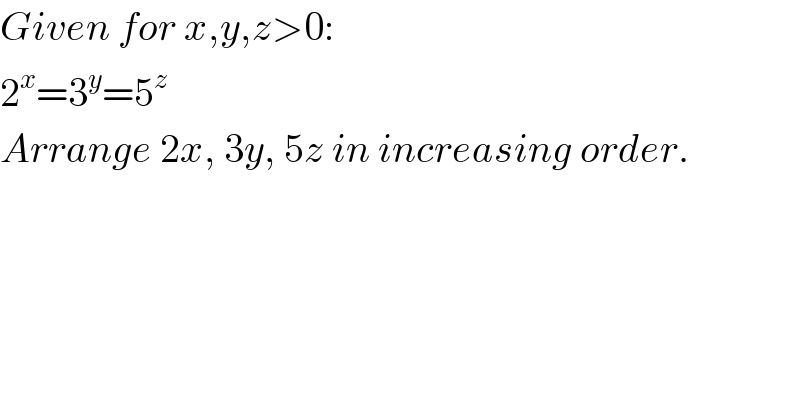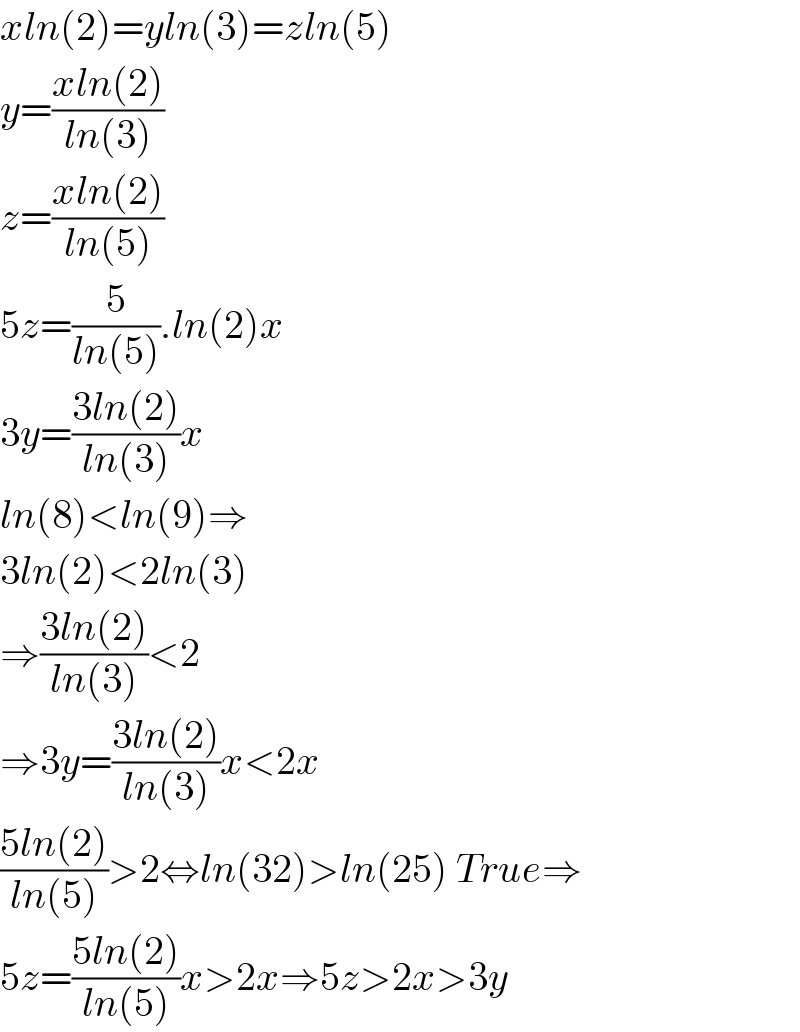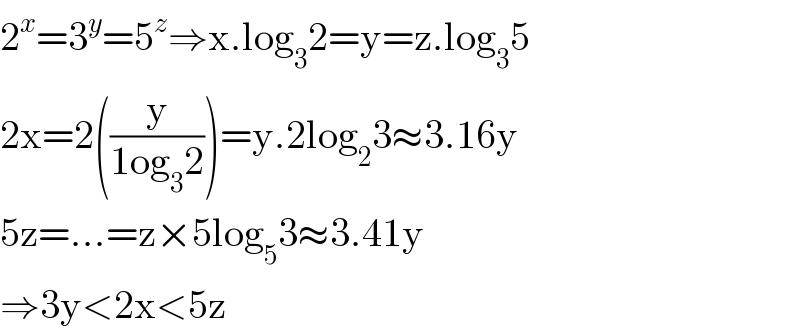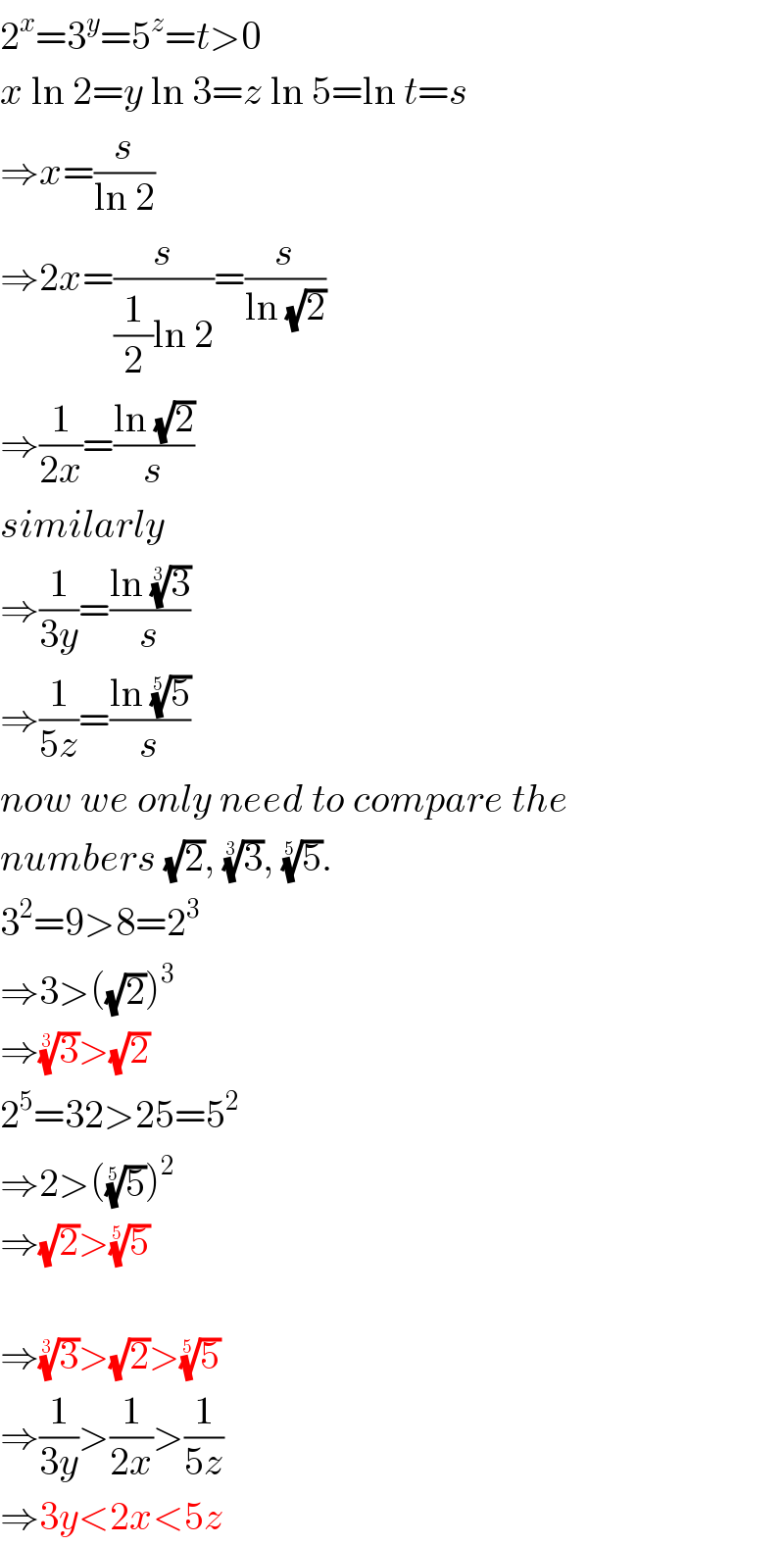
Question and Answers Forum
Question Number 79978 by mr W last updated on 29/Jan/20

Answered by mind is power last updated on 29/Jan/20

Answered by key of knowledge last updated on 29/Jan/20

Answered by mr W last updated on 30/Jan/20

| ||
Question and Answers Forum | ||
Question Number 79978 by mr W last updated on 29/Jan/20 | ||
 | ||
Answered by mind is power last updated on 29/Jan/20 | ||
 | ||
| ||
Answered by key of knowledge last updated on 29/Jan/20 | ||
 | ||
| ||
Answered by mr W last updated on 30/Jan/20 | ||
 | ||
| ||